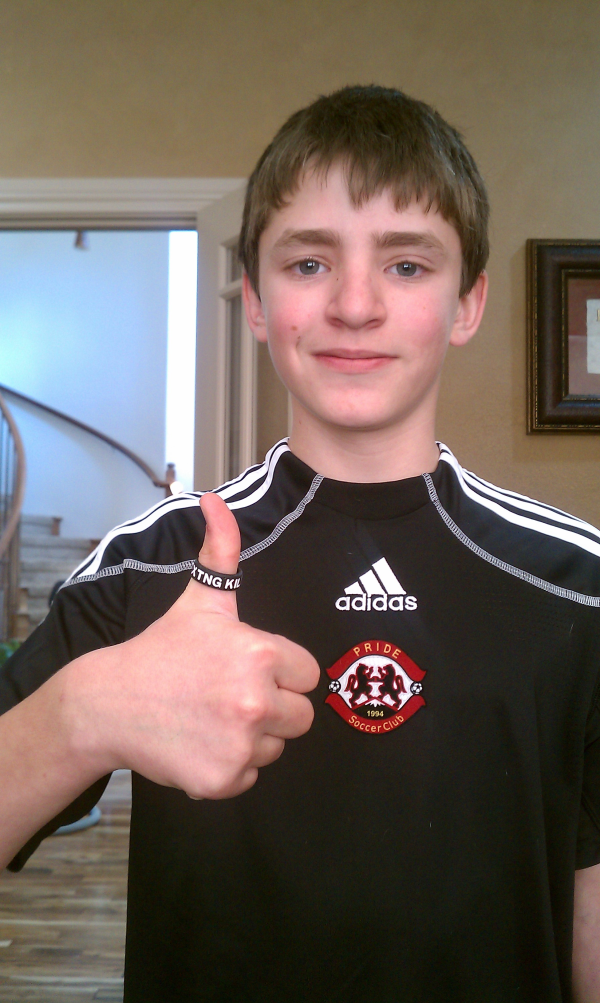Angry Outbursts in Teenagers on the Autism Spectrum

Question My son is 13 years old; he has been previously diagnosed with high functioning autism, adhd and obsessive compulsive disorder. My son lived with his father for six months while I recovered from a nervous breakdown. When I got custody of him again he was very aggressive, would hit his 6 year old brother and call him names and put him down. My ex gave him no discipline from what I gather from my son, he told me he had to raise his six year old brother for them six months. He blames me for the divorce between me and his father. I have bipolar and he doesn’t seem to understand that I am different too and that I need him to cooperate and help me as much as possible. He’s too focused on his ocd, his adhd and his autism and he uses all of these things for an excuse for all of the negative behaviors he is having. In the last past year he has changed 3 schools, and moved to a new area, which he says he hates. I’m wondering if he will adjust to the new setting and new rul





